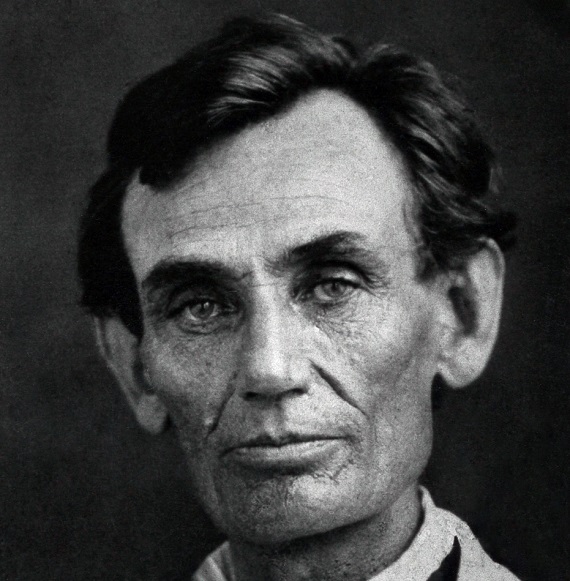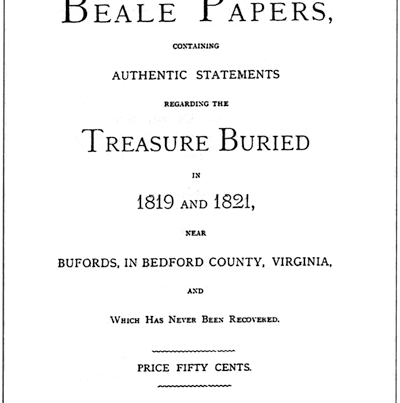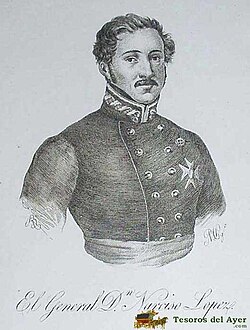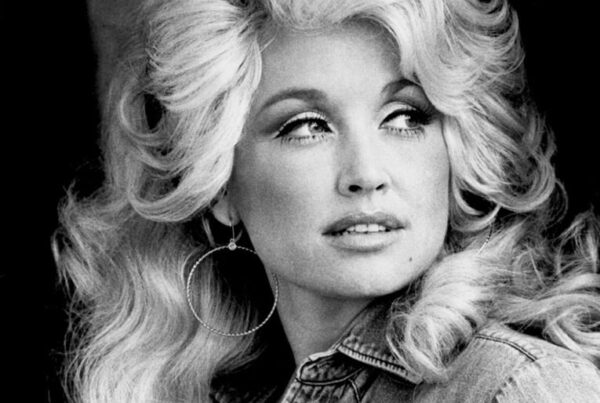If the modern historical narrative is to be believed, then the antebellum North was the happy land of butterflies, flowers, rainbows, and racist free Americans who insisted on racial equality. Only in the South did anyone encounter “Apostles of Racism” as the historian Charles Dew labeled the 1861 Confederate commissioners to other Southern States. But was this so? Would antebellum Southerners have had to convince the majority of antebellum Northerners about their racial positions? Let’s see. Printed below are a small sample of the racial positions of several prominent Americans in the 1850s and 1860s.
Who said the following (answers at the bottom of the quiz)?
- “As a class the Blacks are indolent, improvident, servile, and licentious.”
- “But the great mass, as they are seen at work, under overseers, in the fields, appear very dull, idiotic, and brute-like; and it requires an effort to appreciate that they are, very much more than the beasts they drive, our brethren—a part of ourselves. They are very ragged, and the women especially, who work in the field with the men, with no apparent distinction in their labor, disgustingly dirty. They seem to move very awkwardly, slowly, and undecidedly, and almost invariably stop their work while the train is passing.”
- “It is not whether we want to associate with the black man…sit by the fireside with them in the social circle, or intermarry with them. That is a question of taste.”
- “Down with amalgamation!” or “Separate the Races!”
- “Missouri for white men and white men for Missouri.”
- “It is certainly the wish of every patriot that all within the limits of our Union should be homogeneous in race and of our own blood.”
- Colonization would “keep our Anglo-Saxon institutions as well as our Anglo-Saxon blood pure and uncontaminated.”
- “I want to have nothing to do with the free negro or the slave negro….We wish to settle the Territories with free white men.”
- Republicans “distinctly and emphatically disavow negro suffrage, negroes holding office, serving on juries and the like.”
- “It is the institution of slavery which is the great parent of amalgamation. Gentlemen need not fear it from those opposed to that institution.”
- “…I will say in addition to this that there is a physical difference between the white and black races which I believe will forever forbid the two races living together on terms of social and political equality.”
- “You and we are different races. We have between us a broader difference than exists between almost any other two races. Whether it is right or wrong I need not discuss, but this physical difference is a great disadvantage to us both, as I think your race suffers very greatly, many of them, by living among us, while ours suffers from your presence. In a word, we suffer on each side. If this is admitted, it affords a reason at least why we should be separated.”
- “And inasmuch as they cannot so live, while they do remain together there must be the position of superior and inferior, and I as much as any other man am in favor of having the superior position assigned to the white race.”
- “I will say then that I am not, nor ever have been in favor of bringing about in any way the social and political equality of the white and black races.”
- “I have never had the least apprehension that I or my friends would marry negroes if there was no law to keep them from it, but as Judge Douglas and his friends seem to be in great apprehension that they might, if there were no law to keep them from it, I give him the most solemn pledge that I will to the very last stand by the law of this State, which forbids the marrying of white people with negroes.”
- “Our republican system was meant for a homogeneous people. As long as blacks continue to live with the whites they constitute a threat to the national life. Family life may also collapse and the increase of mixed breed bastards may some day challenge the supremacy of the white man.”
- “There is a natural disgust in the minds of nearly all white people to the idea of indiscriminate amalgamation of the white and black races … A separation of the races is the only perfect preventive of amalgamation, but as an immediate separation is impossible, the next best thing is to keep them apart where they are not already together. If white and black people never get together in Kansas, they will never mix blood in Kansas…”
Answers:
- Abolitionist Horace Greeley of New York, 1855
- Abolitionist Frederick Law Olmsted of New York, 1856
- Governor Alexander Randall of Wisconsin, 1859
- Proposed Republican 1860 campaign slogan by James R. Doolittle of Wisconsin
- Campaign slogan for Republican Edward Bates, 1860
- Republican Francis P. Blair of Maryland, 1858
- Republican James R. Doolittle of Wisconsin, 1858
- Republican Lyman Trumbull of Illinois, 1858
- Republican David Davis of Illinois, Lincoln’s political advisor, 1858
- Republican newspaper New York Tribune, 1854
- Republican Abraham Lincoln of Illinois, 1858
- Republican Abraham Lincoln of Illinois, 1862
- Republican Abraham Lincoln of Illinois, 1858
- Republican Abraham Lincoln of Illinois, 1858
- Republican Abraham Lincoln of Illinois, 1858
- Republican Abraham Lincoln of Illinois, 1862
- Republican Abraham Lincoln of Illinois, 1857
Ready to tear down the Lincoln Memorial? How about the Lyman Trumbull statue at the Illinois statehouse? Maybe the Camp Randall monument in Wisconsin? What about the Horace Greeley statue in New York City? I won’t wait around for the protests.








One Comment